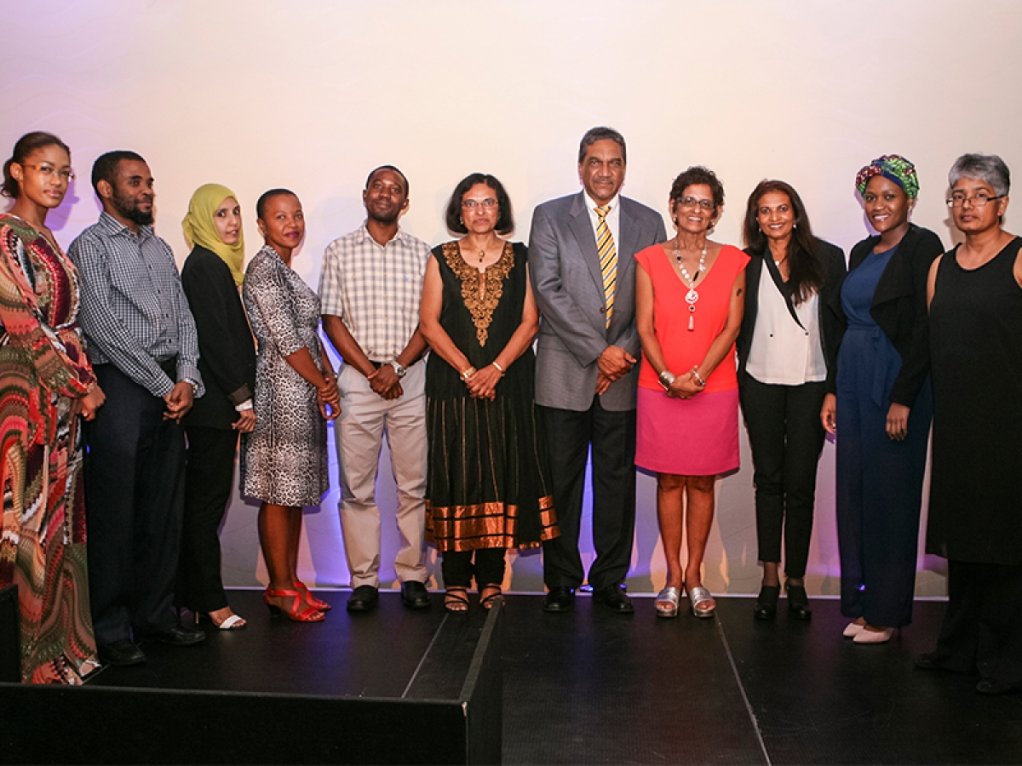Pharmaceuticals company AstraZeneca through its research trust has awarded seven South Africans grants totalling R1.5-million for the 2015/16 year. This increases the total number of research grants conferred locally by the trust to 18 since its inception in 2014.
Modern day illnesses like cardiovascular disease, diabetes, obesity, metabolic syndrome and smoking-related illnesses have become increasingly prevalent in South Africa and the rest of the African continent. Africa is sitting on a noncommunicable disease time bomb that is ill equipped to fight. With a shortage of quality scientific data to properly manage and treat these potentially life-threatening diseases, the requirement for funding to develop research capacity has never been greater.
Managed by a scientific steering committee consisting of six academics from various institutions around the country, AstraZeneca has no direct influence over any decisions made regarding the fund allocations. An independent nonprofitable body for the disbursement of R4.5-million for medical research funding over three years, to date, the trust has allocated R3-million of this commitment.
Grants are awarded solely at the discretion of the professors who screen, review and, ultimately, with full autonomy, decide on the apportionment of the funding. With hundreds of applications received, all worthy of consideration, the committee has been severely challenged in narrowing down the final selections.
The 2014/15 and 2015/16 researchers who have been successful in their applications, represent three academic institutions, including the University of the Witwatersrand, in Johannesburg, the University of Cape Town, in Cape Town and the University of KwaZulu-Natal, in Durban.
A diverse spectrum of research across dif- ferent disease areas has been approved, some of which is already well under way, including but not limited to nephrology, HIV, breast cancer, cardiometabolic disease, chronic obstructive pulmonary disease, noncommunicable diseases and infectious diseases.
“AstraZeneca hopes the academic research grants, conferred for high-level non-inter- ventional studies, including doctoral and postdoctoral work, will generate much needed data in the area of noncommuni- cable diseases, significant data currently not available,” says AstraZeneca medical and regulatory South African social security agency VP Dr Jas Bhana.
Bhana says that research funding is customarily allocated to compound and chemical entity developments. With extensive investment into research on HIV infection and tuberculosis, there has been little investment and focus on noncommunicable diseases.
“We anticipate that our grants will help us meet a huge area of unmet need, ensuring the reprioritisation of healthcare initiatives and reshaping the landscape as we know it. “Recognised as an innovative partnership to help build research capabilities, to date, 59 studies have been awarded funding, a figure that includes the local studies, as well as those being funded by the research trusts set up in Nigeria and Kenya,” he says.
“Without current, accurate data, we have no line of sight to the extent of the problem, nor how to manage it,” Bhana explains, pointing out that there is virtually no data on black females in even the most basic disease areas. “We want to change this and be part of the data generation process – even if we cannot use it directly as a company; we want to be part of the solution.”
In the spirit of the project and committed to unprejudiced research findings, AstraZeneca has made no attempt to limit the research to the therapeutic areas it is operational in.
He says that, through the research trust that has been set up in South Africa and those on the African continent, it is helping to realise the full potential of Africa, always “putting the patient first”, while at the same time positioning AstraZeneca as a company that co-creates with local communities and academia, to meet the healthcare needs of African patients.
“In an area of the world where access to good healthcare and medicines remains difficult, we are committed to strengthen- ing our medical platforms by investing in medical science through our trusts,” concludes Bhana.
Edited by: Zandile Mavuso
Creamer Media Senior Deputy Editor: Features
EMAIL THIS ARTICLE SAVE THIS ARTICLE
To subscribe email subscriptions@creamermedia.co.za or click here
To advertise email advertising@creamermedia.co.za or click here













